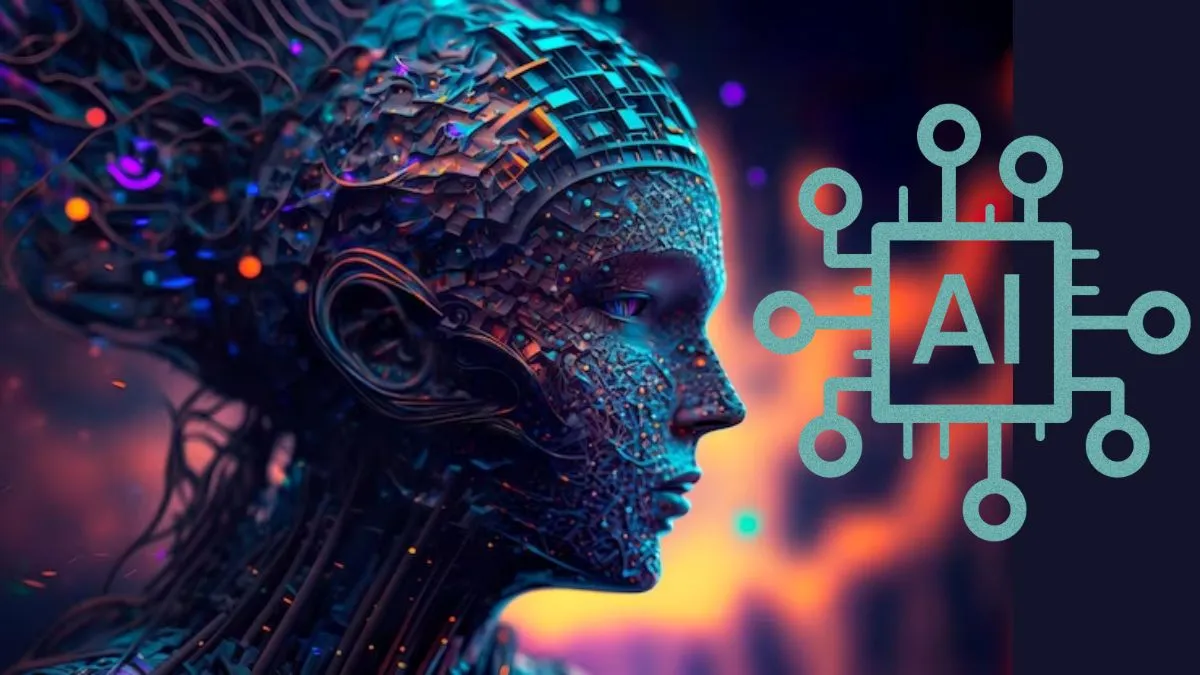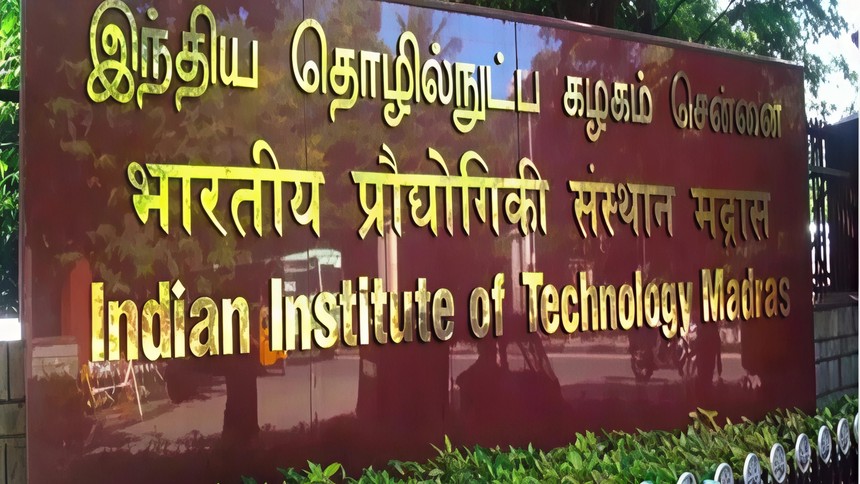Anupam Mittal, the outspoken entrepreneur behind Shaadi.com and a prominent figure on Shark Tank India, has ignited a much-needed conversation about India's headlong rush into artificial intelligence. In a viral LinkedIn post, Mittal shared the image of an elderly woman working as a delivery agent, pairing it with biting sarcasm and serious critique about India’s current tech narrative. His message was simple but powerful. While AI and automation may shape the future of work, India is not yet ready to adopt these changes at scale without serious consequences for its most vulnerable citizens.

In the post, Mittal wrote, “Saw this woman the other day, and thought maybe she should learn Python. Perhaps she can fine-tune an LLM too, while delivering your groceries.” This wasn’t just dry humor. It was a direct challenge to what he sees as a growing disconnect between India's tech leadership and the economic reality faced by most of its population.
Mittal’s larger argument is that while AI and deep tech have transformative potential, they cannot be romanticized as one-size-fits-all solutions. In countries like the United States or those in Western Europe, AI adoption is happening alongside massive institutional support. These are economies with formal employment systems, lower population density, and significant budgets for upskilling entire workforces. Mittal pointed out that when he worked in the US, every time a new technology was introduced, employees were immediately trained. Not just individually, but organization-wide. That kind of structured, well-funded reskilling infrastructure is largely absent in India.

Here, most of the population is self-employed or engaged in informal work. The gig economy, despite its flaws, has provided a critical safety net for millions. By encouraging flexible employment and giving people a way to earn outside of traditional systems, platforms like food delivery services have become economic lifelines. For Mittal, replacing this with a tech-only future that assumes everyone will become a coder or data analyst is both unrealistic and dangerous.
He acknowledged that India is a land of extremes. On one hand, it produces world-class engineers, entrepreneurs, and technologists. On the other, it also hosts a large population with limited access to education, digital tools, or basic infrastructure. Both realities coexist, and policy must recognize this dual identity instead of parroting Western AI strategies that do not apply at this scale.

Mittal emphasized that deep-tech has a role to play, but it cannot be seen as the only solution to India's economic challenges. If the country continues down this path without nuanced planning, it risks creating a lopsided future that benefits a select few while leaving millions behind. In his words, “India needs to address both these issues simultaneously, no?”
His comments have found resonance across the internet, sparking debate among business leaders, policy thinkers, and everyday citizens. It comes at a time when major tech companies like Microsoft, Meta, and Google are predicting that nearly half of global jobs will be AI-driven in the next few years. But as Mittal reminded everyone, these projections must be viewed through the lens of Indian reality.
This is not a rejection of AI, but a plea for balance. A call for policies that build real reskilling infrastructure and support the informal workforce. A reminder that building the future should not come at the cost of forgetting the present.
Follow Tech Moves on Instagram and Facebook for more stories on the intersection of innovation, inclusion, and India’s evolving tech landscape.














